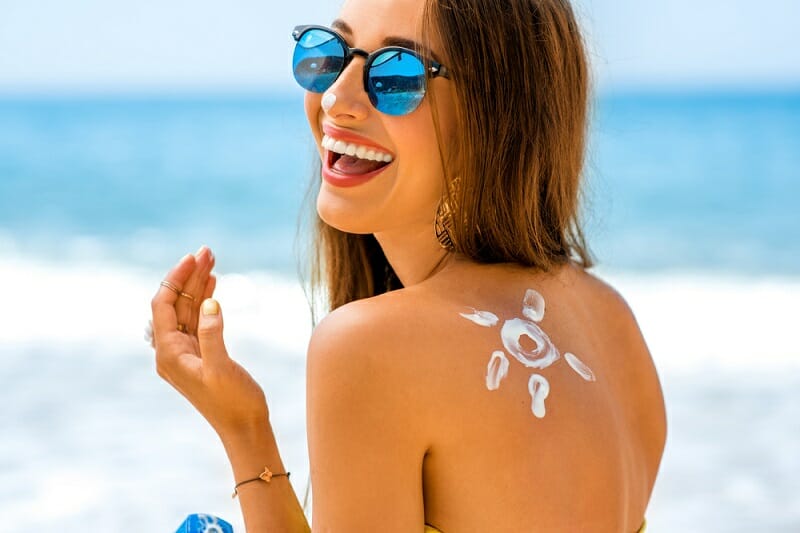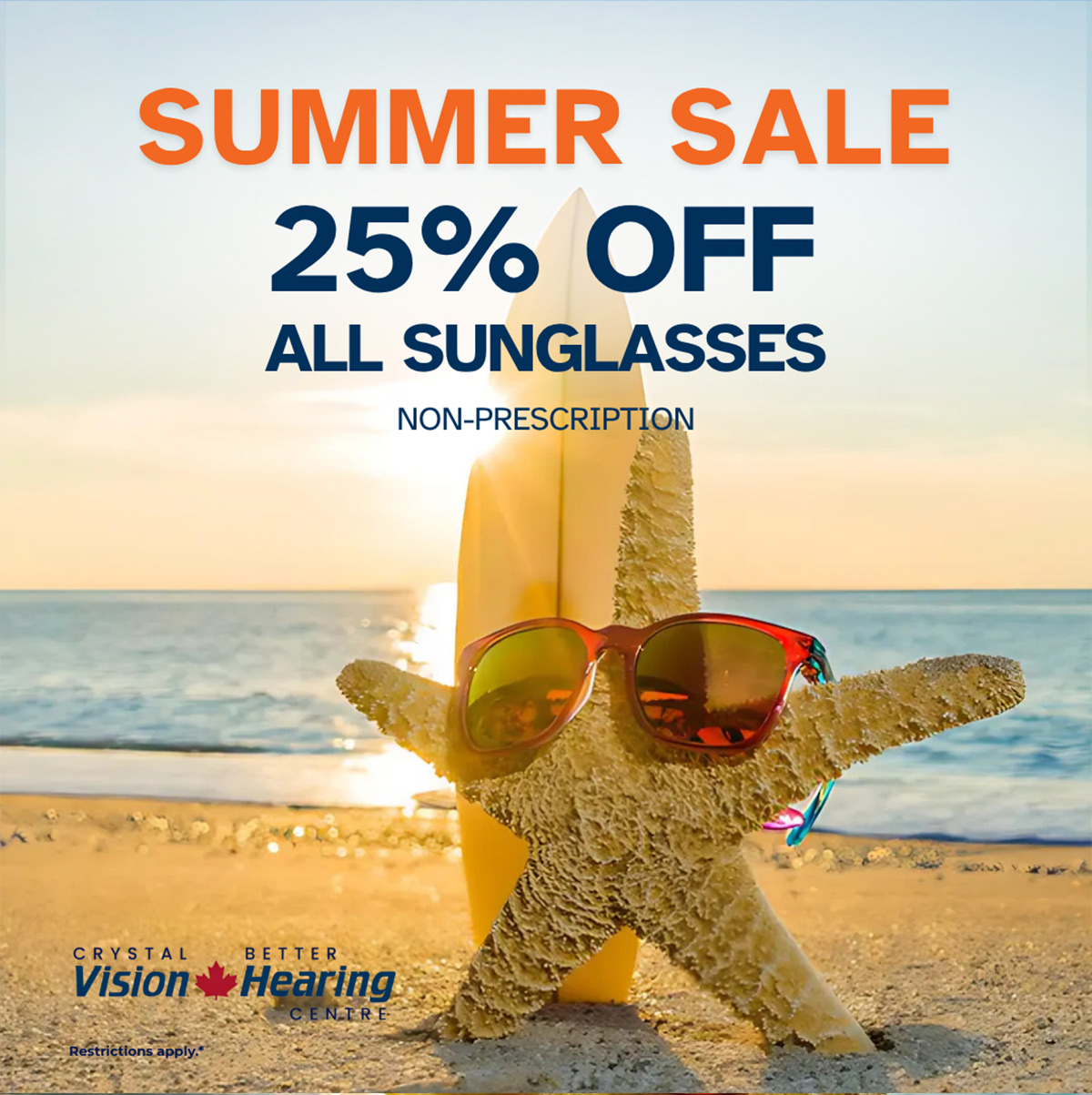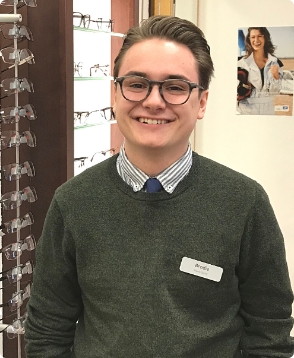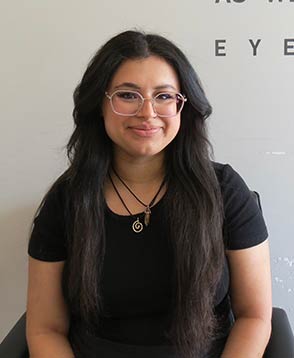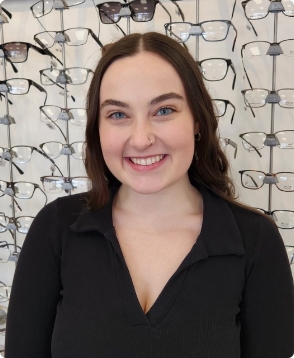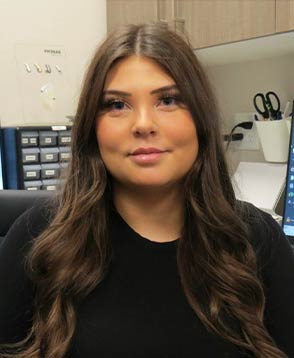While the sun provides us with many benefits and supports our life, its ultraviolet rays can be harmful and damaging to our bodies, primarily our skin and eyes. Over time, exposure to two types of UV rays can lead to macular degeneration and some kinds of cataracts, both of which affect your vision. UV-A rays can damage central vision, while UV-B rays may affect your cornea and lens. It’s important to protect eyes from the sun to maintain a high level of eye health throughout your lifespan. We all enjoy being able to see the world. Why should we do anything to compromise our vision?
Unexpected Sources of UV Radiation Damage
Direct sunlight is the obvious culprit of eye damage over time, but that’s not the only source of damaging UV rays. Reflected UV rays can be just as damaging as exposure to direct sunlight. Grass, soil, and water reflect less than 10% of UV rays, which is minimal, but we would still suggest using protection. Snow, on the other hand, reflects as much as 80% of UV rays. Seafoam reflects 25% and sand, about 15%. We often neglect the impact reflected rays will have on our eyes. Hats with brims offer no protection when we are looking down, and we tend to look down more than up.
The time of day influences UV rays. Since your eyelids and brow ridge naturally shade your eyes when the sun is higher in the sky, your eyes are actually most exposed to UV rays in the morning and mid-afternoon. In the fall, winter, and spring months, this tends to be more constant since the sun is lower in the sky.
Protect Your Eyes from Sun Damage
Eye experts highly recommend the use of sunglasses to protect against the harmful ultraviolet rays of the sun. However, not all sunglasses will be useful in doing more than just providing some extra shade from the brightness. Look for sunglasses that will specifically protect from UV-A and UV-B rays. Make sure that your sunglasses limit transmission of these rays to no more than 1% for optimal protection.
Opt for lenses that are large enough to cover your entire eye and prevent as much light from passing through the edges of the glasses as possible. Look for darker lenses or grey lenses. There is also the option of UV blocking contact lenses, which offer an additional layer of protection. Not all contact lenses are UV ray blocking, so be sure to use sunglasses if you are wearing regular glasses.
Children are at Greater Risk
Children have larger pupils than adults do, which allows more light into the eyes, which means more radiation if not protected. Children also tend to be outside without protection longer than most adults. Make it a point to send your children out with protective eyewear to ensure they don’t incur lasting damage to their eyes.
It might be easy to forget to wear sunglasses every time you go out, but it’s crucial that everyone understands the severity of UV rays. Some damage may be temporary, but sometimes, the damage is permanent. Eye sunburn, sun spots, and even blindness can occur from long term unprotected ultraviolet ray protection. Don’t take the chance with your vision. Be sure to always wear protective eyewear in the sun.
Call Crystal Vision & Better Hearing Optometrist
If you live in or around the Chilliwack area and need the expert knowledge of a skilled optometrist, look no further than Crystal Vision & Better Hearing Optometrist. Our staff is ready to help assist you with all of your needs.
Contact us today to book an appointment!
